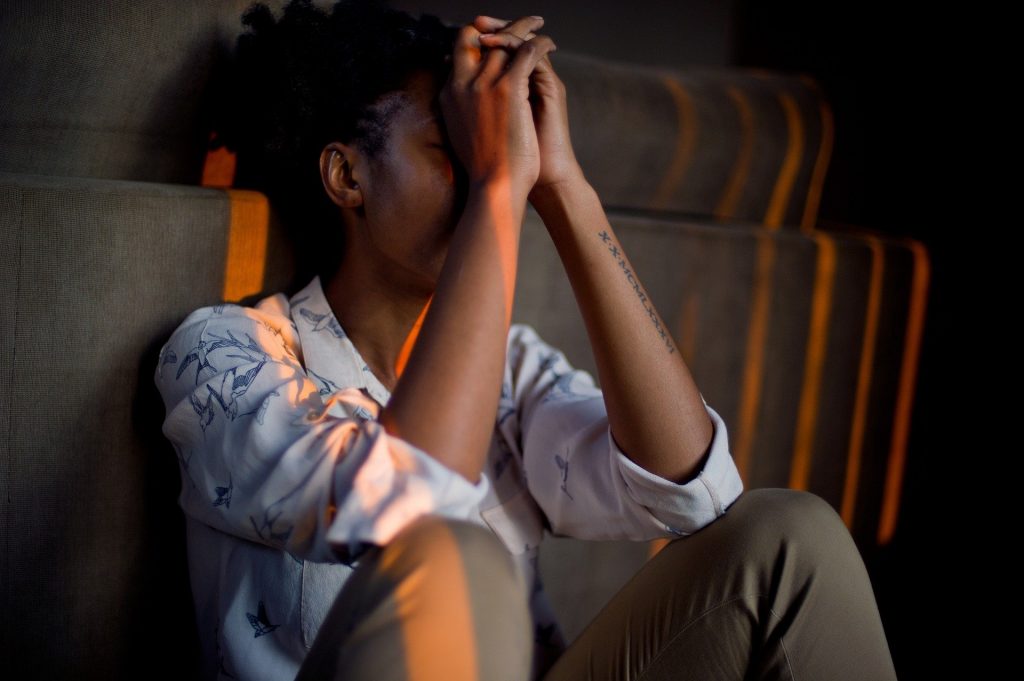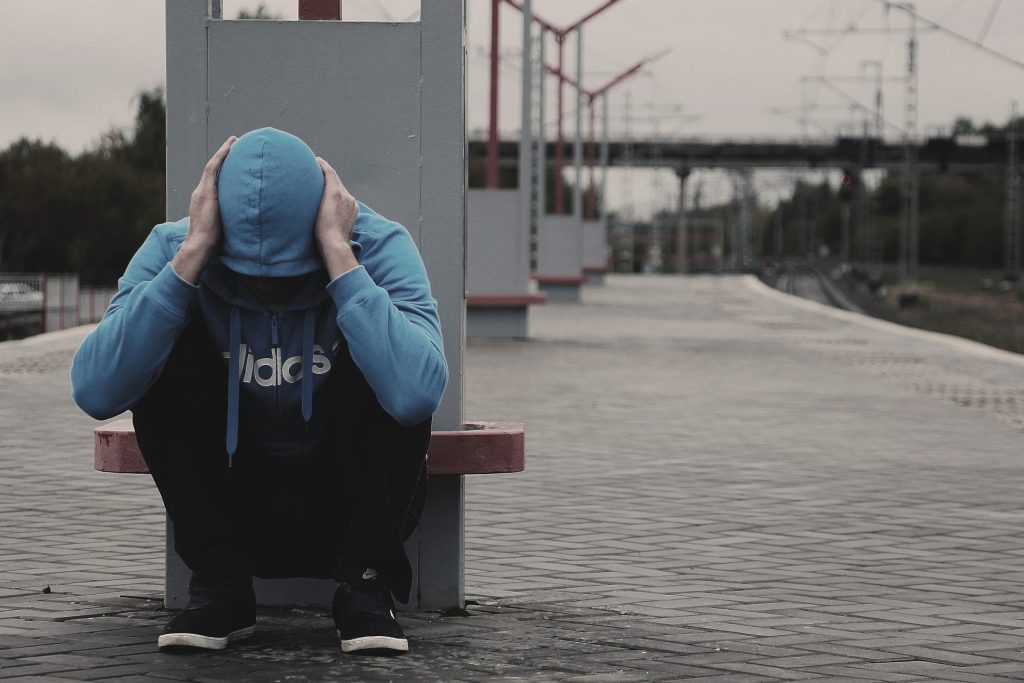Triggers are social, mental, or environmental cues that will remind someone who is in the recovery of their past drug or alcohol abuse. These cues or triggers might bring about a relapse in drug abuse. About half of people who have been treated for substance abuse will relapse. Triggers don’t force people to relapse but will increase the likelihood that they will go back to substance abuse.

Internal triggers involve emotions and feelings and are often what trigger a relapse. External triggers are triggers that include situations, people, and places that can trigger a relapse. External triggers can often be avoided by careful planning, but internal triggers are much harder to avoid.
Stress
Stress is often cited as the number one reason for relapse. We respond differently to stress and for many people substance abuse was their way of coping with stress. Understanding relapse and how stress influences it is key to success. Stress also makes people in recovery more vulnerable to other internal and external triggers.
Stress is hard to avoid as our relationships, work and personal health can cause stress. Whether it is a relationship that ended, the loss of a family member or friend, or work-related stress we know for sure that life put us in situations of increased stress. In this case, we will have to develop good and healthy coping mechanisms to avoid relapse. Breathing exercises, talking to a friend, and physical exercise are all good ways of coping with stress.
Emotions
Emotions like stress are unavoidable in life. We can’t keep ourselves from ever feeling sad, angry, lonely, or guilty. These emotions can however trigger a relapse. As with stress, you will need to formulate a plan to cope with these negative feelings when they do occur that do not involve a relapse. It is also a good idea to avoid external triggers when you are experiencing these negative feelings.
Boredom and feeling lonely often trigger addictive behavior. People often turn to addictive behavior when they are bored or feeling lonely. Have a plan to keep yourself busy with positive actions like exercise and build a support system of people you can trust.
People
Certain people in your life can trigger a relapse. These could include specific family members, old friends, and colleagues that you either associate with the substance abuse directly or that made you try and cope by turning to substance abuse.
Formulate a plan to either avoid these bad influences or being able to cope with a person that triggers a negative emotional response in you. Plan ahead as often these people come across our path when we don’t expect it.
Places
Specific places can also be a trigger. You might associate specific places or certain objects with your addiction. These places could be bars, liquor stores, casinos, or any other place you associate with your addiction. It is best to avoid these as far as possible to not trigger a relapse. Have a response ready when people invite you to any of these places you know might be a trigger for you.
Things
Everyday objects like pill bottles, cash, glasses, liquor cans, or bottles can be triggers for relapse. It is almost impossible to avoid any object that could make you think about your addiction. You can avoid obvious places like bars, but you will also need to think ahead and have coping mechanisms for times when these objects are unavoidable.
Events
Some events and especially times of celebration can be a trigger for relapse. Certain festive times, birthdays, celebrating an achievement, or any similar events could be an issue for you. Make a list of these events and celebrations ahead of time. Put together a plan to help cope with these before they arise. If there is a specific event that you cannot avoid going to then a good backup is to take someone you trust along to make sure that you do not relapse.
Preventing Relapse
- Join a recovery support program.
- Build a support system of people that you can trust.
- Remove any objects from your home that could trigger a relapse.
- Avoid places and people that could be triggered.
- Get enough sleep.
- Exercise regularly.
- Identify your triggers and come up with an action plan to avoid or cope with them before you are exposed to these people, places, emotions, or events.
- Set boundaries.
- Avoid contact with any social circles or people that were part of your addictive behavior.
- Make life choices that will limit stress at least for the first year.

Recovery is not easy and relapse is a very real reality. You need to plan for triggers and have an active support network to give yourself the best chance of recovery. Good luck with your journey, and you can do it.
